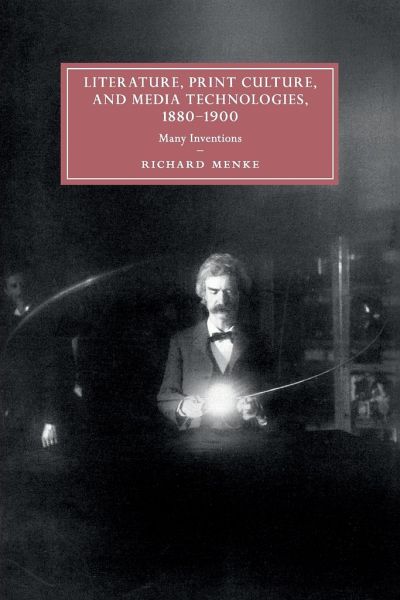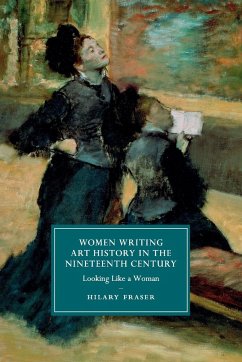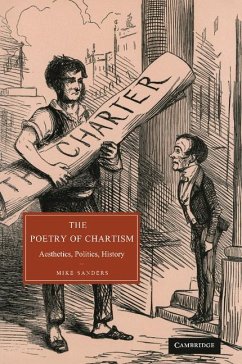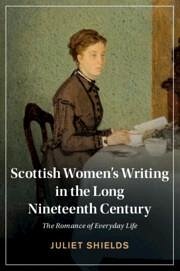
Literature, Print Culture, and Media Technologies, 1880-1900
Versandkostenfrei!
Versandfertig in 1-2 Wochen
42,99 €
inkl. MwSt.

PAYBACK Punkte
21 °P sammeln!
Richard Menke links media innovation to imaginative literature, making the case for writers from Whitman to Twain, Kipling to Bram Stoker and Marie Corelli as the era's media theorists. This book will appeal to scholars, students and researchers of nineteenth-century literature and culture, the history of printing, and media and technology.














